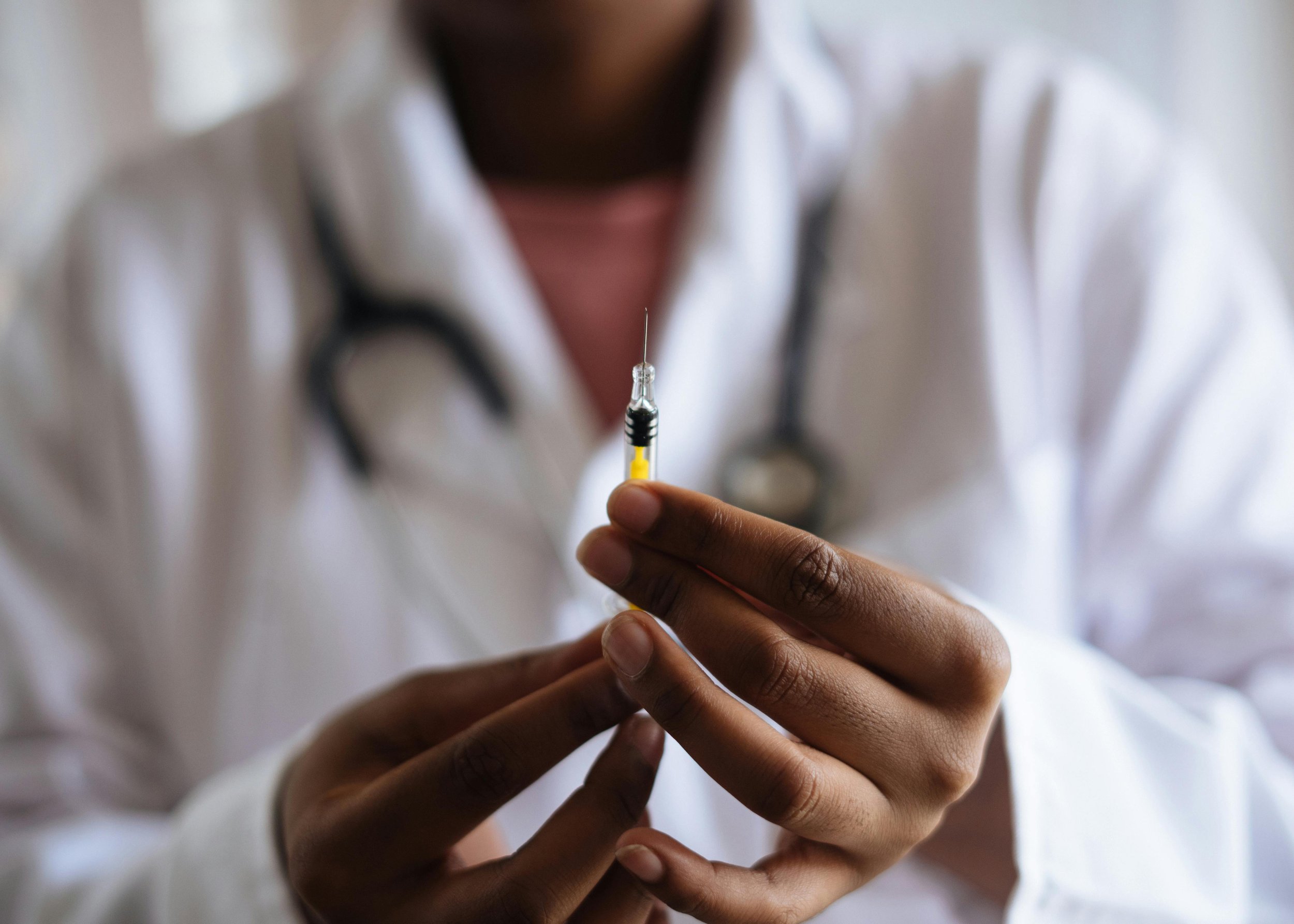Semaglutide & Weight Loss Drugs
My feedback on weight loss injections encompasses research from multiple physicians, discussions with patients on the receiving end, and other health professionals. Those references can be seen below.
Reference 1
2 min 34 sec https://youtu.be/PV1Yvom2Gcs?si=HcvqEXOUjFX1ZBM2
Reference 2
2 hours 32 min (directly speaks on it at 2:35) https://www.youtube.com/watch?v=WFcYF_pxLgA
Reference 3
1:10 45 sec https://www.youtube.com/watch?v=C5KpIXjpzdY&t=0s
Reference 4
(Full video) https://www.youtube.com/watch?v=ilMWQBb_qVY&t=0s
I’d like to start with providing the meaning and the mechanism of action for GLP1 “glucagon – like peptide”. It is a drug in the category of “agonists” which is designed to mimic the action of the GLP 1 hormone that the small intestine already makes. It is commonly known under the names of Semaglutide and Ozempic and many others. Its role and effects are:
(1) Release by the small intestine.
(2) Stimulates the release of insulin from the pancreas
(3) Lowers glucose levels
(4) Suppresses glucagon secretion
(5) It slows gastric emptying
(6) Results in a reduced appetite
(7) Aids with obesity due to the above mentioned
My concerns are the following:
a) Do you have any side effects?
b) Do you have any thyroid issues that you’ve received testing for?
c) If you lost what you perceived as a minimal amount of weight spanning 3-6 months and then your provider recommended an increase but it potentially strengthened negative symptoms, what would you do? Would you feel comfortable micro dosing the injection or completely stopping it?
d) What boundaries are you willing to set relative to your expectations and experiences?
e) If you have a decreased appetite, how are you getting minerals and nutrients into your body?
f) How much education do you have regarding minerals and nutrients and their impacts towards your physiology and hormones? (function and recovery)
If you do not have answers to potential expectations and boundaries, I want you at the very least, to ask yourself - if you lost the weight tomorrow via the injection, what would be your plans for maintenance?
Key takeaways are the following:
a) The injections are best for morbidly obese individuals that have tried other approaches consistently and thoroughly.
b) The patient should have an up to date blood work panel.
c) The injections should be closely monitored and divided into cluster phases of something approximating a 6 week to 3-month timeline.
d) The patient should document the times of any of their symptoms and habits.
e) Whether or not the patient’s goal is reached in entirety, nutrition education is fundamental for maintenance and overall well-being.
Some patients seem to experience physiological effects to varying degrees and I believe certain markers should be monitored often. My coaching monitors those. Here is to hoping that whichever route you choose, that you feel listened to and have a greater connection to your body.
Other references
Cleveland Clinic. (2024, December). GLP-1 Agonists. https://my.clevelandclinic.org/health/treatments/13901-glp-1-agonists


